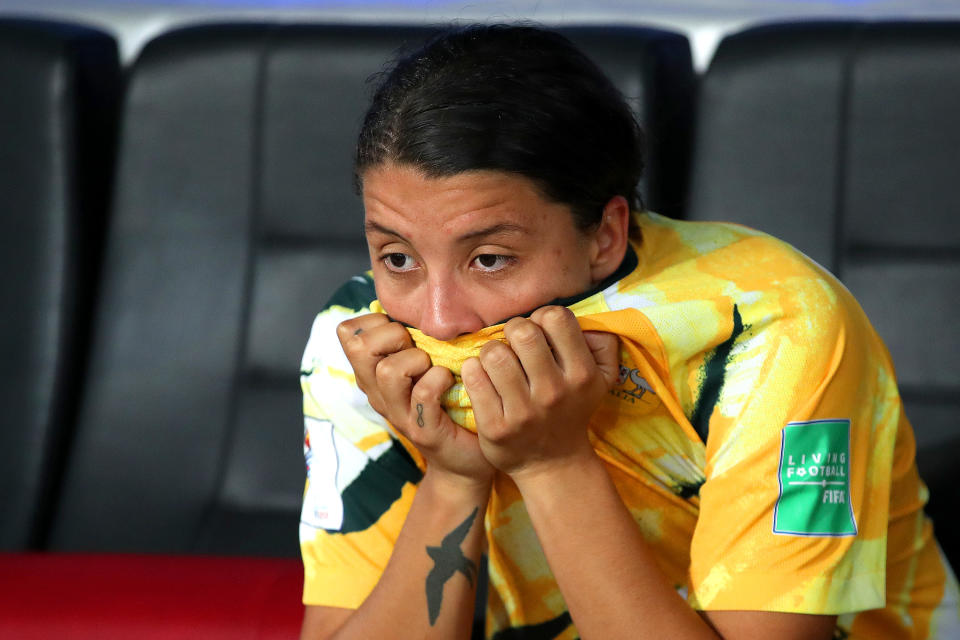USWNT aside, European teams have dominated this Women's World Cup. Is that a good thing?
PARIS — For the first time in history, the United States is the lone non-European team left standing in the quarterfinals of a Women’s World Cup.
The Netherlands’ triumph on Tuesday over 2011 champ Japan — the runner-up to the U.S. four years ago — combined with China’s loss to Italy earlier in the day, set a new standard for European dominance at the event, and the Americans themselves could soon be headed home with No. 1 challenger (and tourney host) France looming here Friday in hotly-anticipated match that could go either way.
The results so far have been billed as Europe’s coming out party in the women’s game. And in truth, maybe it’s overdue. The continent has dominated men’s soccer globally for decades, winning four consecutive World Cup titles and five of the last six.
This is not a development that Tobin Heath, the crafty American midfielder who patterned her game after Brazilian great Ronaldinho, is particularly excited about.
“As a football fan, to me, I would want a little bit more diversity at this point,” Heath said Wednesday of the one-sided quarterfinal field. “I find European football sometimes a little boring.”

At Canada 2015, five of the last eight squads standing were non-European. Along with finalists U.S. and Japan, Australia, China and the host nation were still in the title hunt at this same stage. New World sides also made up the majority of the quarterfinalists in 2007, while there was an even split between them in 1999, 2003 and 2011.
And it’s hard to see the pendulum swinging back to status quo. While European club sides and national governing bodies have been slow to recognize the vast commercial potential of women’s soccer, that is starting to change. UEFA Champions League regulars such as Atletico Madrid and Olympique Lyonnais have lured all-planet talents to their women’s startups in recent years; just last week, Real Madrid, the wealthiest club in the world according to Forbes, announced plans to join them.
With infrastructure in the form of coaching, stadiums and training facilities already in place — not to mention a built-in fan base that has tuned into this World Cup on television in record numbers, many are predicting European domination for decades to come. Italy made the quarters for the first time since the inaugural tourney nearly 30 years ago, while Spain gave the Americans all they could handle in the round of 16.
But Heath isn’t ready to concede the future of her sport just yet. “In these tournaments you can’t really predict,” she said. “You’ve seen the games, they’ve been so close.”
Maybe she’s right. Slick-passing Japan outplayed the Dutch only to lose on a late penalty. The Aussies might still be here had Samantha Kerr, considered by many the best player in the world, not squandered a golden early chance against Norway. Canada’s missed penalty kick was the difference in a 1-0 defeat to Sweden.

With the likes of Argentina, Bolivia and South Korea, among others, jockeying for the right to host the 2023 event, European teams will have to deal with grueling travel and unfamiliar on- and off-field conditions four years from now. But that’s down the line. This World Cup still marks a landmark achievement for European teams, even if, in Heath’s view at least, the competition is actually poorer for it.
“There are some teams that are so exciting to watch that you won’t be able to see this kind of different style, which is unfortunate at this stage,” she said. “I really appreciate certain teams that are no longer in the tournament.”
More from Yahoo Sports:


